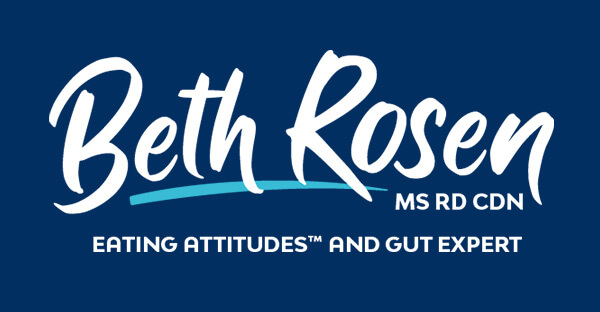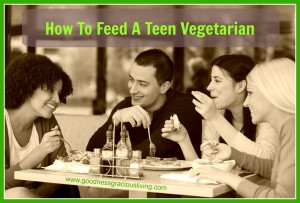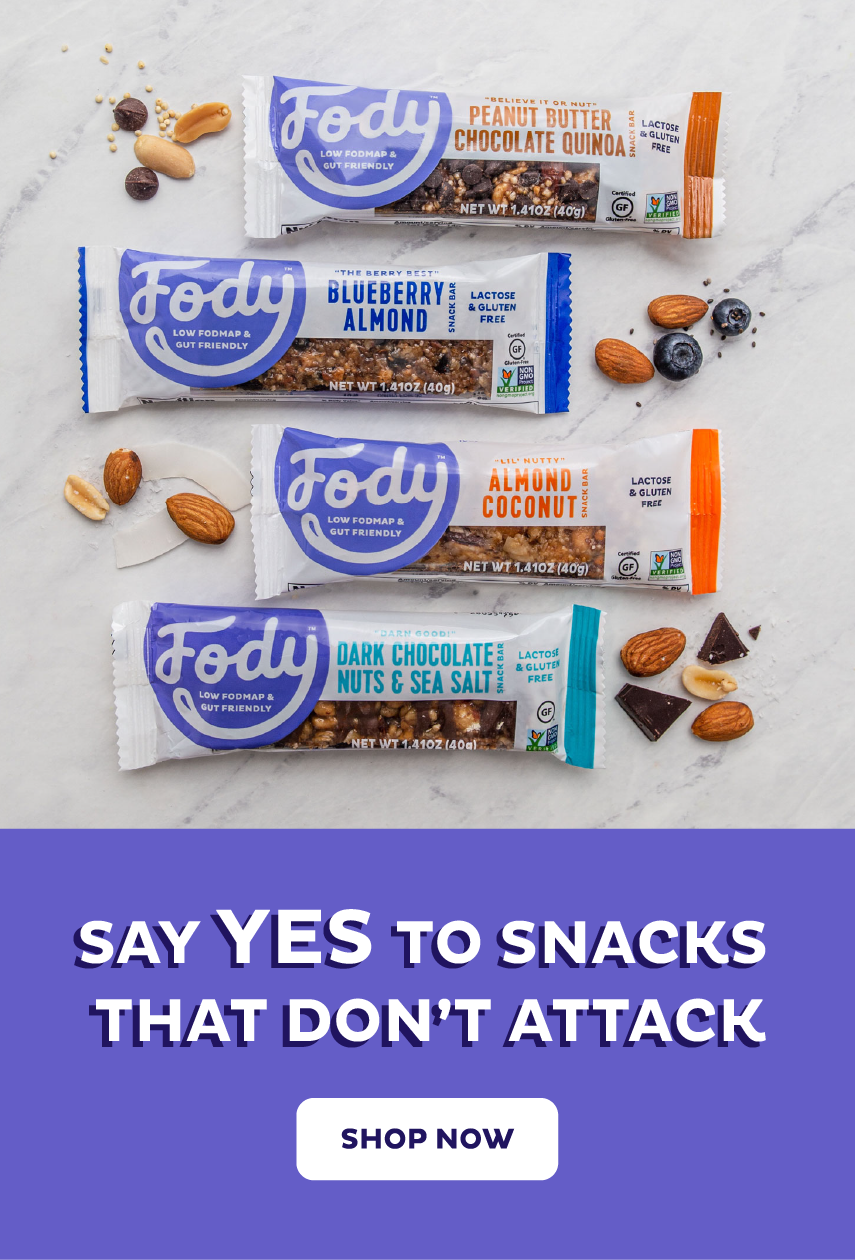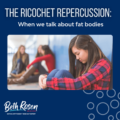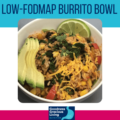How to document and explain your IBS for the best medical care.
How to Feed A Teen Vegetarian
As kids stake claim to their independence, they may ask for a later bedtime, a bigger allowance, or a different dinner menu than the rest of the household. More and more, tweens and teens are experimenting with vegetarian and vegan diets. As parents, we may be concerned that they aren’t getting enough nutrients during these important growing years, or we may not want to become short-order cooks, preparing more than one meal at dinner time. Rest assured, with the sound nutrition information I am about to impart in hand, you can let your concerns melt away and allow your children to spread their vegetarian wings (oxymoron?).
What exactly is a vegetarian?
All vegetarians abstain from eating animal meat, and eat a mostly or entirely plant-based diet. There are five main types of vegetarians:
- Lacto-ovo-vegetarians eat animal-produced foods such as dairy (ie milk, cheese) and eggs.
- Lacto-vegetarians eat dairy products, but do not eat eggs.
- Ovo-vegetarians eat eggs but do not eat dairy products.
- Pescatarians add fish to their diet, but avoid all other animal flesh.
- Vegans eat nothing from animals, including honey (produced by bees)
When teens switch to a plant-based diet, it is important to make sure they get enough protein, calcium, iron, zinc, and vitamin B12, as these nutrients are in abundance in animal products. With a balanced, nutrient-dense diet, filled with a variety of unrefined grains, fruits, vegetables, legumes, nuts, seeds, and meat alternatives such as fermented soy products, teens can thrive and get what they need from food. In some cases, they may need vitamin supplementation, so be sure to let their physician know about their change in diet.
What about getting enough protein?
Eating a vegetarian or vegan diet has gotten easier, thanks to research that proved that the tedious method of food combining to create whole proteins is no longer necessary. As long as kids get the minimum amounts of food from each group every day, the body will do the combining for them. Teens should eat Six to sea variety of foods from each food group: Whole grains, including whole-wheat bread and crackers, oatmeal, or quinoa, legumes such as beans and peas, nuts like almonds, peanuts, or walnuts, fats and oils like olive oil and avocado, fruits, vegetables, and dairy or dairy alternatives fortified with calcium.
How do I meal plan without becoming a short-order cook?
Meal planning with a vegetarian or a vegan in the house doesn’t have to be an added chore. Here are a few tips to make your job a bit easier:
- Make layered meals. Serve a big salad with toppings so that the meat-eaters can add diced chicken and the vegetarian can add beans as the protein choice, and everyone can choose from other toppings such as berries, croutons, cheese or dairy-free “cheese,” and nuts and seeds. You can also make a pasta meal, putting some aside for the vegetarian before mixing in a meat sauce.
- Introduce a meatless night. Vegetarian or not, everyone can enjoy eating a meatless meal each day. Serve pizza topped with vegetables, or a baked potato bar with lots of beans and sauteed veggies as toppings.
- Make extra. When preparing a meatless meal or a meal that can be layered, make a little extra to freeze and serve on a night when you are grilling steaks or serving pulled pork sandwiches.
- Adapt family favorites. Trade out the meat ingredients of your favorite meals with a meatless substitute. Make a hearty soup with vegetable broth instead of chicken or beef broth, use soft tofu in place of ricotta cheese in a lasagna, or create your famous chili without beef and add in extra beans or meatless ground “beef”.
If your teen or tween wants to become a vegetarian, make sure they understand how the food they eat fuels their growth, their body, and their brain every day, before diving in. For extra help, visit a Registered Dietitian, as they have the training and the sound nutrition information to educate your kids properly. Letting your kids experiment with a plant-based diet will help them increase their food repertoire. Embrace it, and if you are up for the challenge, try it yourself and see how you feel.

Beth Rosen
Eating Attitudes™ & Gut Expert
Beth Rosen, MS, RD, CDN is a Registered Dietitian and owner of Beth Rosen Nutrition. She practices a non-diet philosophy and is a Health at Every Size" practitioner. Her goal is to end the pain of diet culture, one person at a time. Beth's techniques and programs empower chronic dieters, and those who consider themselves emotional and /or stress eaters, to ditch the vicious cycle of dieting, eat fearlessly by removing Food and diet rules, and mend their relationship with food and their bodies. Beth's works face-to-face with clients in Southbury, CT, and virtually with clients, worldwide.
